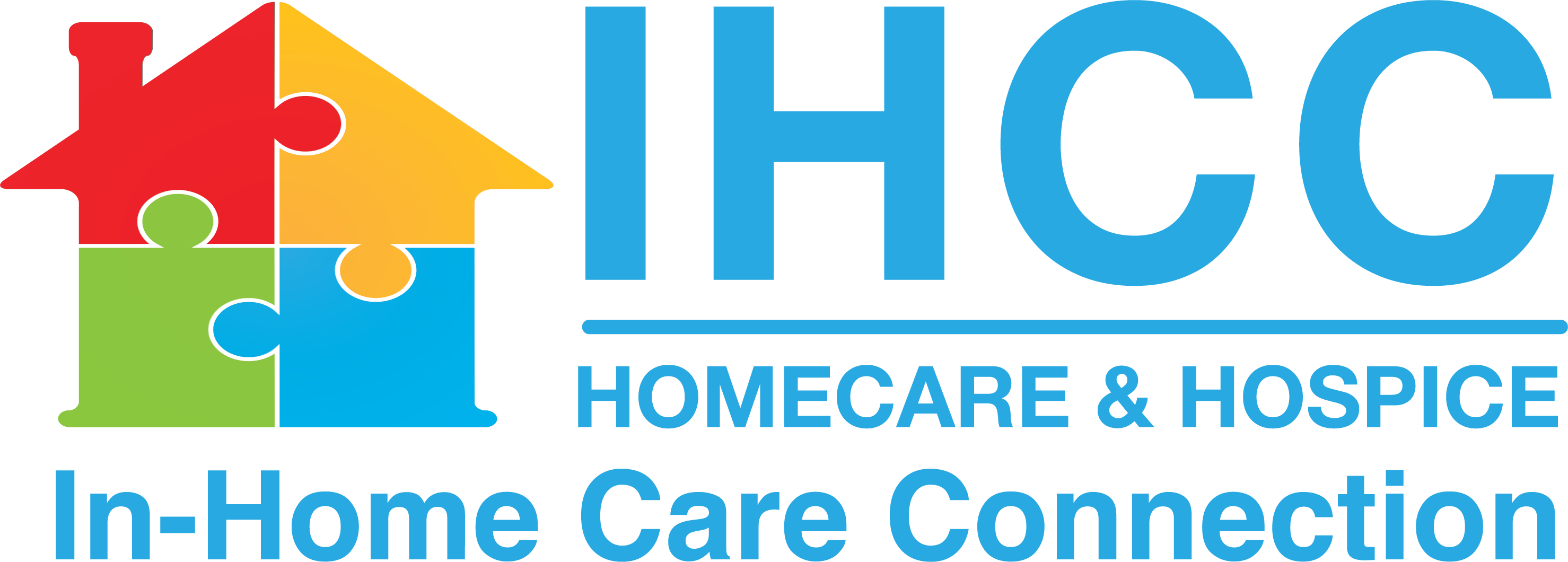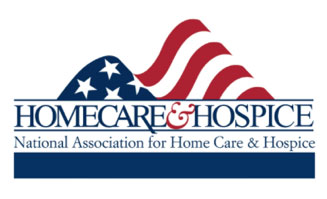Caring Connections
Helpful tips for family caregivers
January/February 2017
Happy 2017! As the year begins, we thought we’d share tips for keeping your resolutions. (There are actual tricks you can use to outsmart yourself and more easily establish new and better habits.) We also thought we’d shed some light on what seems like confusing attitudes shown by lawyers. They are actually protecting you and your loved one, even if it may not feel like it at first. Finally, we look at the findings from probiotics studies: what’s known and what’s not yet known for sure about “good bacteria.”
Helping resolutions stick
 As a family caregiver, you may have made some resolutions for the New Year. And like many people, you may have lost your momentum. All those good intentions…
As a family caregiver, you may have made some resolutions for the New Year. And like many people, you may have lost your momentum. All those good intentions…
– Call or visit once a week
– Fuss less over details
– Make time to exercise
– Practice gratitude
Stop beating yourself up for “lack of willpower.” Willpower is overrated! It turns out that cues in the environment trigger habits without even involving the decision-making part of your brain.
See what you can do to support your goal by addressing the initial trigger. For instance:
- Avoid temptation. Successful habit-changers outsmart themselves. It’s not that they are better at resisting a candy bar. They simply avoid situations where candy will be present. So if you know you tend to lose your cool when Mom starts praising your sister, excuse yourself (“Whoops! Nature calls!”) and end the visit or phone call.
- Set reminders. Most people who have been unable to keep a resolution say that they simply forgot. To start a new habit, put a physical reminder in plain sight. For example, keep walking shoes at the door. Or tape a cue word such as “calm” beside your toothbrush.
- Put it on the calendar. If you really want to do something, schedule it. For instance, make an appointment with yourself to call your relative. Put it on your calendar or in your phone for an automatic reminder.
- Create a “space.” People who want to exercise often find that going to a gym removes distractions and sets them up to focus. You might create a cozy corner for writing in a gratitude journal. Or choose only upbeat CDs for the drive to your Dad’s.
If you have stumbled with your New Year’s resolution, it’s not too late. Try again, but this time focus on the cues to support your success.
Return to topWhen the attorney shuts you out
 Many family caregivers are surprised to be told to stay in the waiting room when they bring a loved one to an attorney to create a will or trust. This can feel doubly surprising if you are the one paying for the visit!
Many family caregivers are surprised to be told to stay in the waiting room when they bring a loved one to an attorney to create a will or trust. This can feel doubly surprising if you are the one paying for the visit!
Much as you wish to help your relative, the attorney is actually doing you and your loved one a favor by blocking you from the process. The most common lawsuit contesting a will or trust involves one family member accusing another of “undue influence.” The accusation is less likely to stick if the attorney meets with your relative alone.
The four Cs of ethical conduct
An attorney’s job is to be an advocate for the client’s wishes, and ONLY the client’s wishes. The American Bar Association says that to do that, attorneys must follow four principles.
Client Identification. They need to be very sure that everyone knows “who is the client.” Even if you are paying the bill, the client is your relative.
Conflict of interest. Most of the time, attorneys will accept only one member of a family as a client. This way the attorney can go to bat fully for that one person and not be tugged by obligations to anyone else. (An exception may be made in the case of a married couple. The law views them as a single entity.)
Confidentiality. All discussions between an attorney and client are private unless the client specifically requests and gives permission for others to be involved. This is why an attorney may not be able to share information with you.
Competency. Because many elders have issues with memory loss, the lawyer must determine if the client is able to understand the consequences of his or her decisions. The best way to make that assessment is to meet with the client alone.
Return to topProbiotics: The “good” bacteria
 Did you know you are an ecosystem? We humans are naturally full of bacteria. In fact, trillions of them! Mostly they are “good” bacteria that live in our intestines. They help us digest our food. With more than 500 species, they also crowd out the “bad” bacteria that cause infections.
Did you know you are an ecosystem? We humans are naturally full of bacteria. In fact, trillions of them! Mostly they are “good” bacteria that live in our intestines. They help us digest our food. With more than 500 species, they also crowd out the “bad” bacteria that cause infections.
These good bacteria are called “probiotics” (in Greek, “pro” means “for” or “in favor of” and “biotic” means “life”). They can be found naturally in fermented dairy foods, such as yogurt, kefir, and aged cheeses. Look for “live culture” on the label. They are also present in pickled vegetables, such as sauerkraut and kim chi.
Eating probiotics for health is quite popular in northern Europe, where people traditionally eat yogurt and cheeses. In the United States, interest in probiotics is growing, but the focus is more on supplements.
Researchers in the United States are just starting to explore the benefits of probiotics. At this point there is evidence that probiotics may help with
- treating diarrhea;
- digestive disorders, such as Crohn’s disease and irritable bowel syndrome;
- preventing vaginal and urinary tract infections;
- boosting the immune system to help fight colds and flu.
Probiotics found naturally in food are generally considered safe for everyone. The jury is still out with supplements. Supplements zero in on specific strains of bacteria. Not enough is known about which strains are best for which conditions. Plus, dietary supplements are not held to the same standard of testing and quality control that prescription drugs are.
There are no known side effects from probiotics. However, there is theoretical concern for people with immune system problems (introducing a lot of bacteria to someone on immunosuppressants, for instance, may not be the wisest idea!).
Before you or your relative take a dose of a probiotic supplement, talk with the doctor or a registered dietitian.
Return to top



